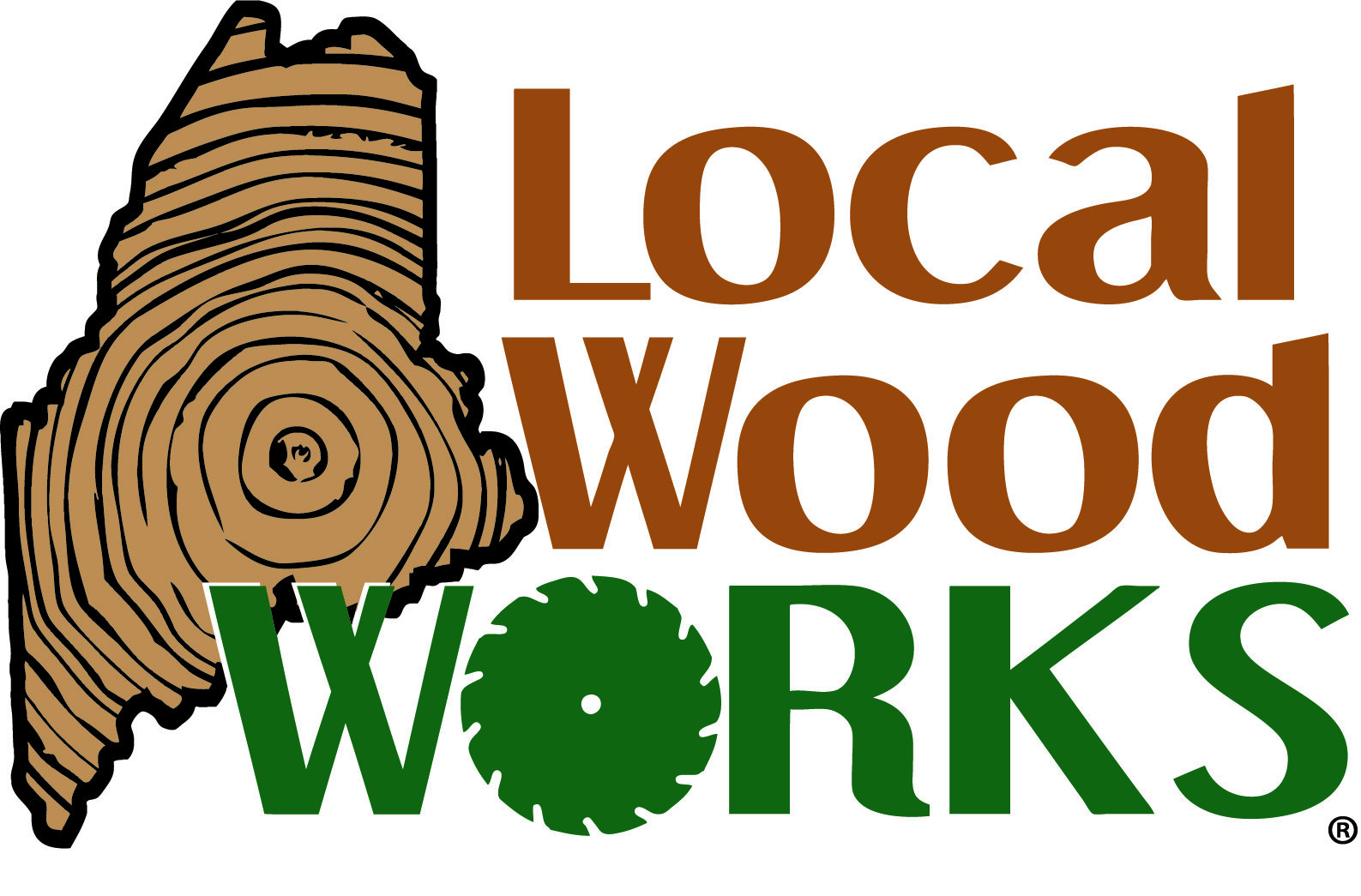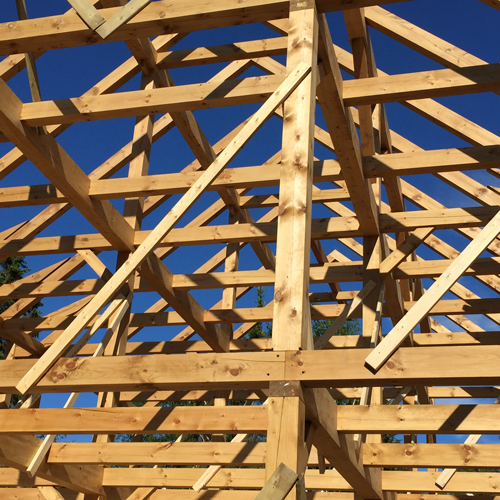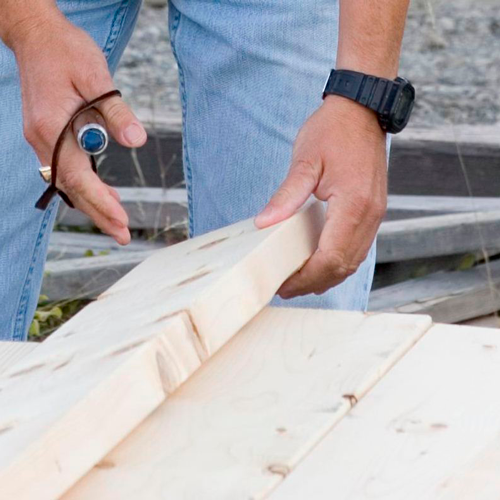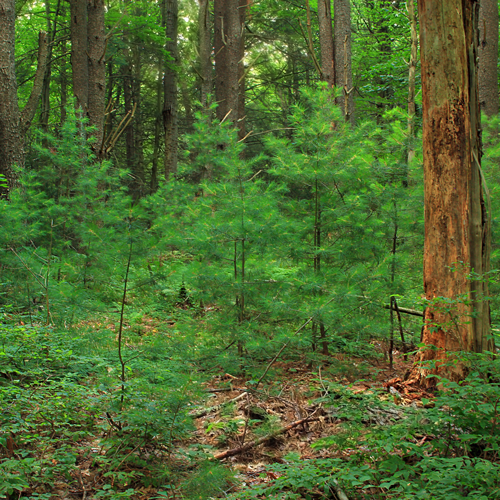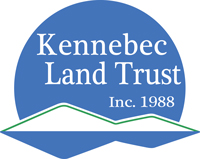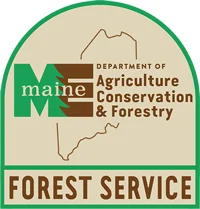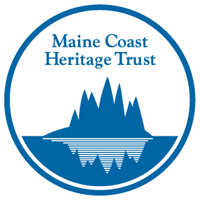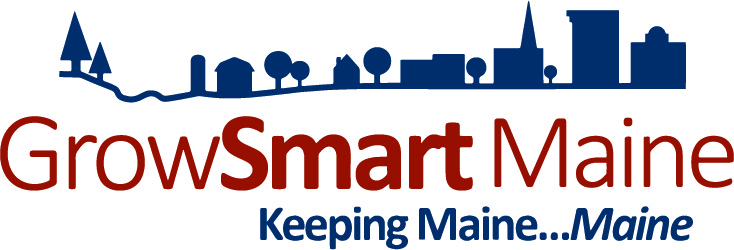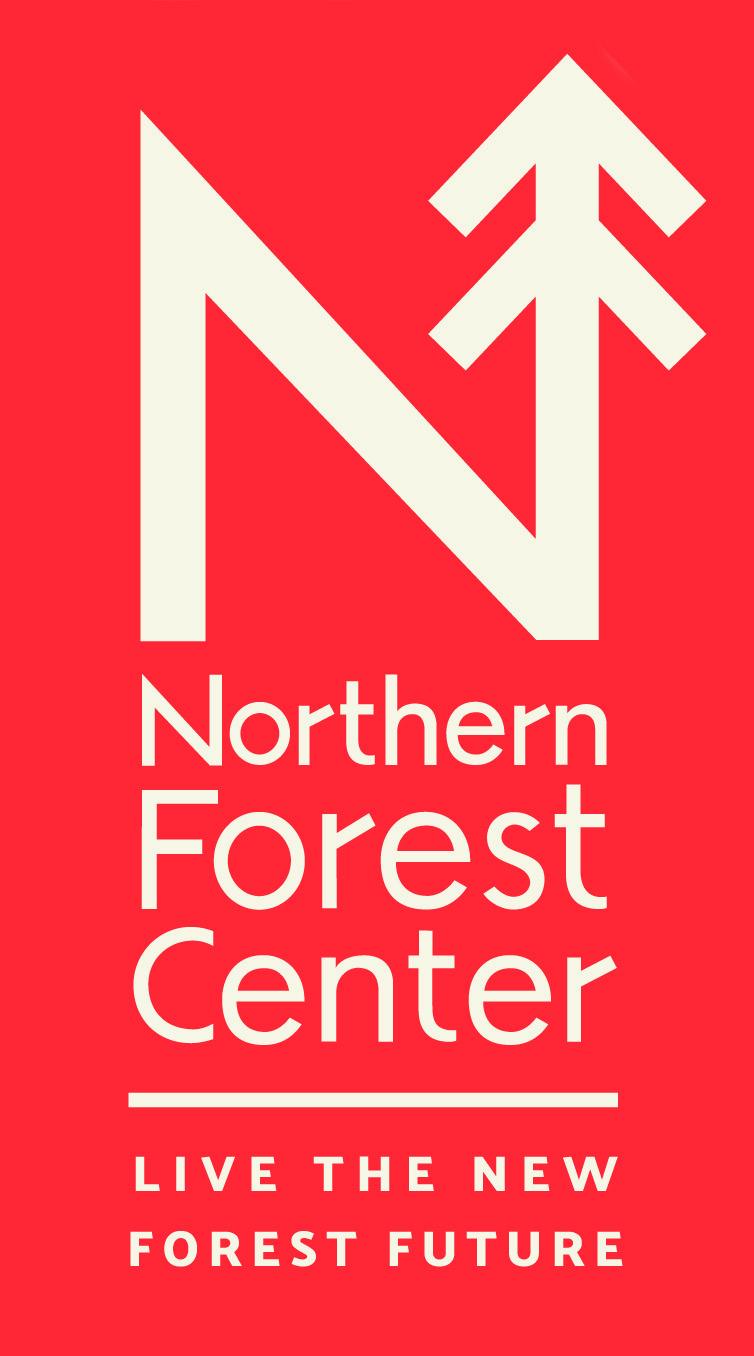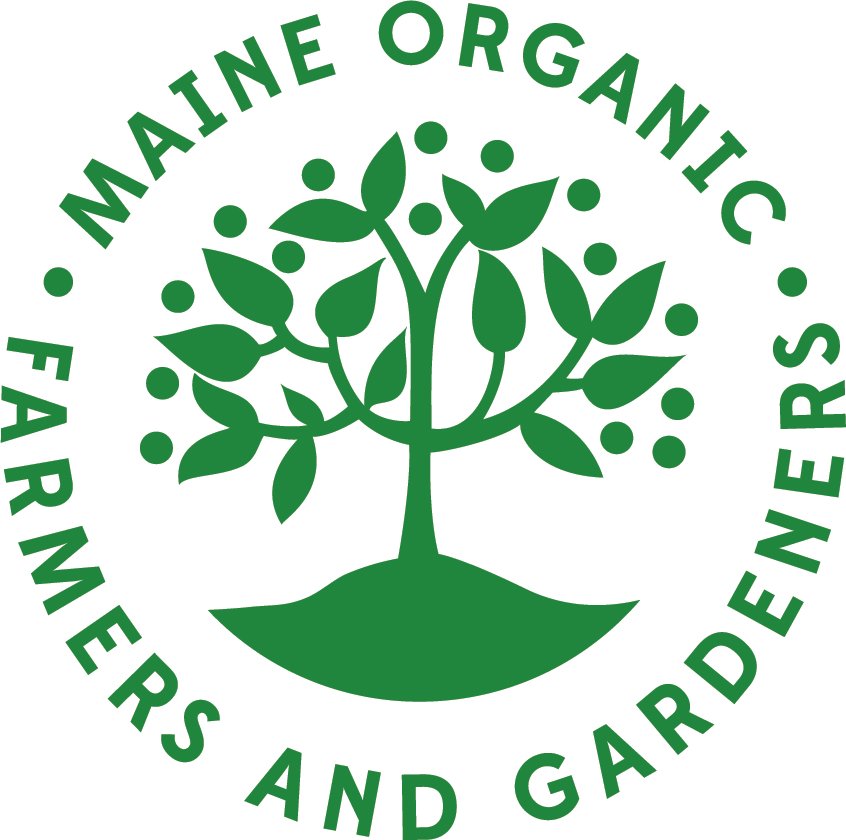Why Local Wood
It supports sustainable forestry - Maine is a leader in independently verified sustainable forest management.
It’s carbon footprint is light - Wood is one of the world’s most advanced building materials because of its benefits to offsetting climate change
It’s practical - Wood products from Maine can be affordably and practically substituted for a variety of non-wood building materials
It’s neighborly - Maine wood supports the jobs of thousands of neighbors – loggers, truckers, foresters, saw mill workers and others
It’s Maine - Nothing says “Maine” like the scent, the warmth, the character of Maine wood.
It once was redundant to say "local food" or "local wood" because all our food, wood, and the jobs that went with them had to be local.
It's taken a few decades, but "local food" is back. Hundreds of new farms, with entrepreneurial zeal, are creating and finding new markets.
Since 2013, Local Wood WORKS partners and supporters have been building on the success of the local food movement. We use the term “local” in a broad sense, (e.g., Maine, New England, New York, the Maritimes). Our partners and supporters are committed to sustainable forestry, strong and resilient local economies, conservation of both working woodlands and ecological reserves, reduced energy consumption and transportation costs based on local products, and providing support to landowners, loggers, processors, manufacturers, and consumers.
We recognize that Maine’s tourism, recreational and wood products economies, as well as our wildlife, water quality, and sense of beauty and place, are directly connected to the long-term conservation and stewardship of Maine’s forests, which today cover 89% of the state.
Our top priorities are helping Maine’s forest landowners keep their forests as forests, and promoting policies that support a sustainable financial basis for long-term forestland ownership. That is why we promote Maine wood. Buying wood from local sources supports a chain of providers that rewards landowners for growing trees instead of converting woods to unplanned commercial and residential development.
We hope this website makes it easier to connect with wood producers. The Maine Wood Guide provides product information in a dozen categories and is particularly oriented to builders, architects and engineers. In addition, we highlight success stories, provide “how-to” suggestions, and delve a little deeper into “why.” Just as many people are drawn to local food by the stories of people who produce it, we hope consumers will be interested in how people and nature are connected to those products.
Building on the Maine brand, LWW partners and supporters are committed to strengthening regional markets and businesses and developing stronger connections among landowners, loggers, foresters, local wood based businesses, and consumers. These markets have the potential to build bridges to link rural and urban communities, conservationists, the forest products industry, academics involved in innovative wood products R&D, builders, and loggers.
Since forestland conservation and sustainability and community and economic well-being are central to LWW's efforts, over time we envision that there will be a shift in the practices of and attitudes toward timber harvesting. Timber management will involve a range of appropriate, sustainable activities carried out by community members who are woodland owners, foresters and loggers, with many of the same benefits – environmental, economic, and social – that our communities are realizing from the local foods movement.
We see, and taste, the local food movement succeeding in Maine. The principles for our wood economy are the same.
-Theresa Kerchner
Executive Director, Kennebec Land Trust
Local Wood WORKS projects have been made possible through the generous support of the Elmina B. Sewall Foundation.
Reports and Position Papers
Forestland Conservation and Housing: A Climate, Economy, and Community Triple Win for Rural New England, Review Copy August 2025
A Long Term Approach to Forest Management, A position paper for Local Wood WORKS from the Kennebec Land Trust and The Nature Conservancy
2018 White Paper, Building Maine’s Local Wood Economy, Together with Conservation, Harold Burnett of Two Trees Forestry, Local Wood WORKS Consultant
In late April 2023, Local Wood WORKS, with support from the Elmina B. Sewall Foundation convened a group of interested people to discuss Local Wood WORKS’ mission and program, to widen awareness of what we are doing, and seek cooperators and ideas for future activities.
Event Summary Report and Discussion Themes, Local Wood WORKS Partners
Detailed Meeting Follow-up Report, Lloyd Irland - Local Wood WORKS Consultant
Partners:
Contact Information for Partner Organizations:
1. Kennebec Land Trust - Theresa Kerchner and Marie Ring; P.O. Box 261 Winthrop, Maine; 04364 (207) 377-2848 www.tklt.org
2. Maine Forest Service - Morten Moesswilde and Patty Cormier; 536 Waldoboro Road Jefferson, ME 04348 (207) 441–2895 www.maineforestservice.gov
3. CEI | Capital for Opportunity and Change - Keith Bisson 30 Federal Street; Brunswick, ME 04011 www.ceimaine.org
4. Maine Coast Heritage Trust - Donna Bissett and Angela Twitchell; 1 Bowdoin Mill Island Suite 201; Topsham, ME 04086 (207) 729-7366 www.mcht.org
5. GrowSmart Maine - Harald Bauer Bredesen; 227 Water Street; Augusta, Maine 04330 (207) 582-4330 www.growsmartmaine.org
6. TNC - Mark Berry and Connor Horton; 14 Maine Street; Suite 401; Brunswick, ME 04011; (207) 607-4843; www.nature.org
7. The Northern Forest Center - Amy Robinson and Mike Wilson; (603)-724-4974; www.northernforest.org
8. Maine Organic Farmers and Gardeners Association - Maddie Eberly (207)-568-4142 www.mofga.org
Consultants: Lloyd Irland, a semiretired consultant with experience in state government and consulting to wood-using industries and others, and Ken Laustsen, a retired biometrician with the Maine Forest Service.
